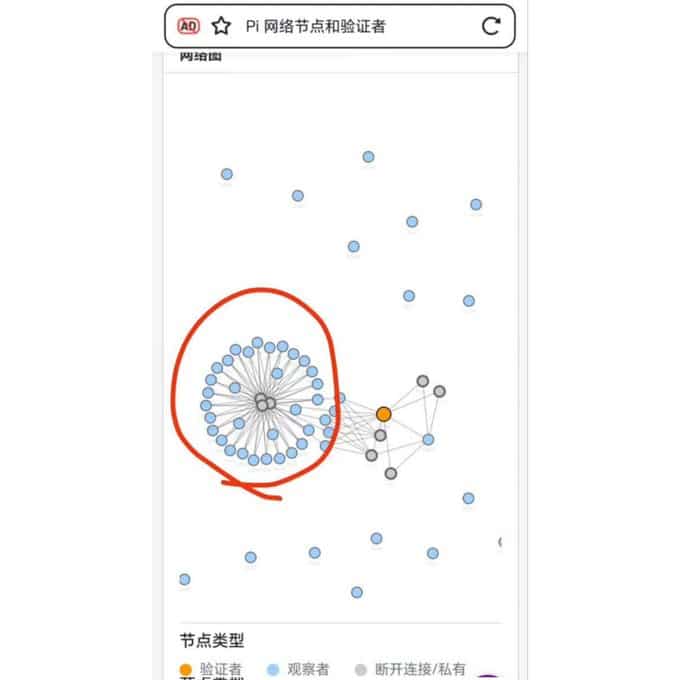Pi Network’s Open-Source Leap Hits a Wall—Traders Still Can’t Cash Out
Pi Network finally cracks its code open next week—but hold the champagne. The ’people’s crypto’ still won’t let users withdraw to real wallets, leaving millions of mined tokens trapped in what skeptics call a ’glorified loyalty program.’
Decentralization theater? While the move checks a major box for credibility, Pi’s closed mainnet continues blocking conversions to fiat or other cryptocurrencies. Early adopters are sitting on paper gains that’d make even a Wall Street hedge fund blush—if only they could sell.
A central node no more
Pi Network’s Core team has officially shut down its central node. The announcement was paired with a network diagram that visually confirmed the node’s removal.

Source: X
The shift is in line with Pi’s mission to evolve into a decentralized blockchain, secured by its proprietary improved proof of stake (IPoS) mechanism.
With the source code soon to be released, the PI community awaits developments that bring in a new era of transparency.
But while enthusiasts celebrate, critics remain unconvinced.
The network’s referral-based mining model and notably opaque governance still raise eyebrows.
Notably, the CORE team’s continued control over supernode selection — and its reported hold on 82.8 billion PI — have fueled ongoing concerns about the project’s decentralization claims.
All eyes on Consensus
The timing couldn’t be better.
Just as the crypto world swarms to Consensus 2025, Pi Network is hyping the community up with a series of not-so-subtle teasers. First up: a major announcement slated for the 14th of May.

Source: X
Then? Promises of something “GREAT/GOOD” on the 15th, capped off by a speech from Pi co-founder Dr. Nicolas Kokkalis on the 16th.

Source: X
This is a three-day show that has the world talking — and the stakes have never been higher.
The decentralization debate
Even with the central node gone and open-source code on the horizon, Pi Network hasn’t fully shaken off the criticism.
Its mainnet remains closed, coin transfers are still off-limits, and basic access features like “lightning” often require VPNs in some regions.
For a project that champions decentralization, these roadblocks feel at odds with the message.
The upcoming announcements may bring about a change, but until the network becomes truly open and borderless, nothing’s for certain.
Subscribe to our must read daily newsletter

